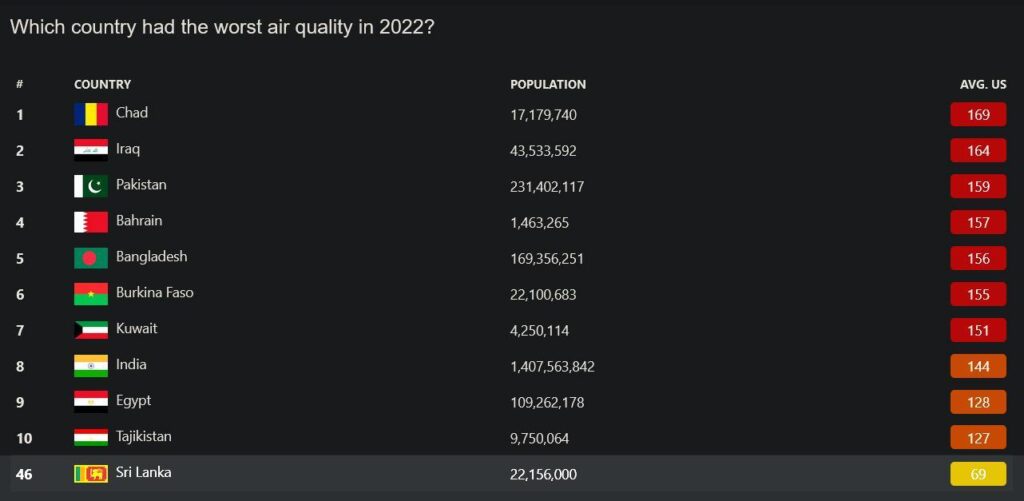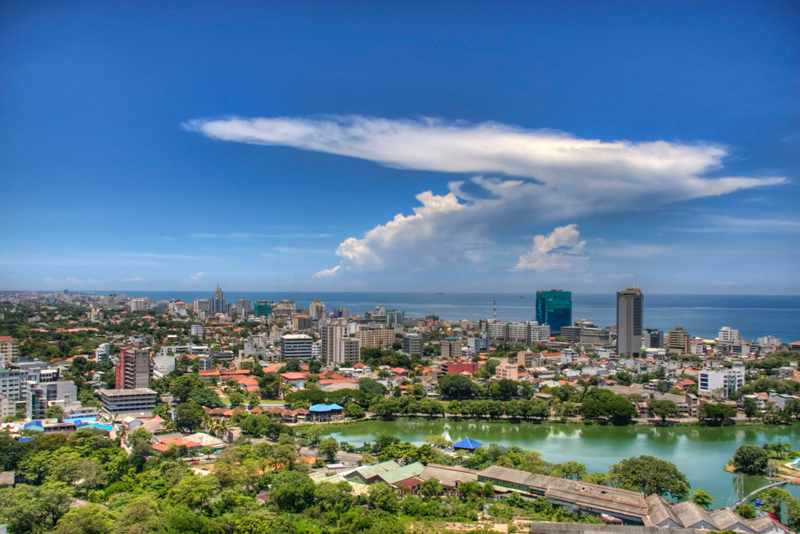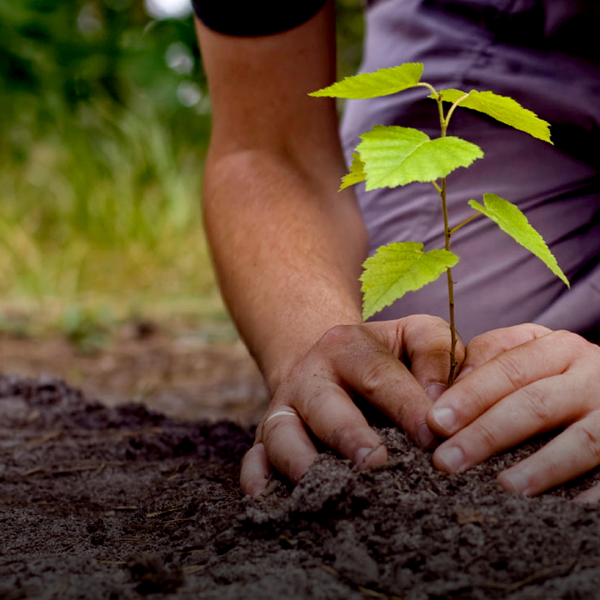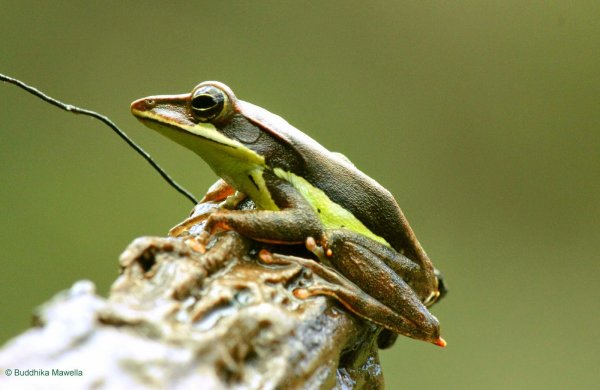
Right now, the urgency of clean water and organic food has garnered our attention. But, what about the air we breathe?
Humans can survive for 30 days without eating, three days without drinking, yet only three minutes without breathing. In fact, 70% of what we consume is air, which amounts to just over 2,000 gallons per day.
It’s no secret that outdoor air pollution worldwide is only getting worse, mainly due to human activities such as growing urbanisation, fossil fuel combustion, and agribusiness. But, surprisingly, indoor air pollution caused by smog, tobacco smoke, and household products is significantly higher compared to outdoor air pollution.
Today, urbanisation has become one of the dominant demographic trends of the 21st Century. In 2018, 55% of the world’s population were residing in urban areas. This is projected to increase up to 68% by 2050, with most of that growth concentrated in Asia and Africa.

So, how do we address the rising issues surrounding air quality on both individual and collective levels? What aspects in particular deserve our focus?
Here’s some advice from an expert.
What’s Sri Lanka’s Indoor Air Quality Like?
IAQ encompasses a variety of factors including ventilation, temperature, humidity, concentration of pollutants, VOCs (volatile organic compounds) in addition to components such as mould and smoke from cooking stoves. However, factors such as age, gender, and even nationality and culture are said to affect the way an individual perceives air quality.
Chartered Building Services Engineer, Cassie Koelmayer says that ventilation is critical now more than ever due to growing urbanisation.
But, in Sri Lanka, there’s next to no public awareness regarding the requirements of air conditioning indoor spaces or stipulated government codes regarding IAQ. This has led to the normalisation of hazardous substances like mould being propagated within public bathrooms and urban living spaces.
You Can Control Mould

Koelmayer says moulds require two particular conditions in order to propagate:
- The spores of the mould must be in the air or on the surface.
- Moisture.
So, mould prevention comes down to reducing moisture and how you treat the surface. According to Koelmayer, there are two highly effective ways of doing this:
- Wash it with bleaching powder.
- Keep everything dry.
Interestingly, mould in Sri Lanka has become so normalised that certain Sri Lankans within air commerce have grown immune to it. Koelmayer says, “There are some people who are allergic to it but most people have become immune to mould, meaning they can breathe in the mould and survive.”
When air conditioning a space, Koelmayer says three things need to be taken into consideration:
- Temperature
- Ventilation
- Humidity
Why Ventilation Is Important
It is imperative in the long-term to understand the value of ventilation by incorporating methods such as cross ventilation, green spaces, and indoor plants during the architectural phase of designing spaces. Also, the use of concepts such as ducting ventilation, HEPA filters, and exhausting.
“Exhausting means you are actually encouraging fresh air into your kitchen, which would mean that the fresh air that comes in would have to be filtered for the particulate matter and absorbed for the gaseous matter,” Koelmayer explained.
Why Sri Lanka Needs More IAQ Awareness
There are several ways through which we can ensure cleaner IAQ here in Sri Lanka; such as the conservation of energy, urban gardening initiatives, shifting away from coal and the introduction of new power plants which use cleaner fuel such as natural gas, the purchase of local products and produce, creating pathways towards healthy and sustainable urban development as well as prioritising air pollution along with climate change solutions.
Even neighbouring countries such as Vietnam have implemented mandatory ventilation regulations that demand mechanical requirements depending on the height, number of floors, and number of occupants in a building.
Ultimately, the quality of life we experience in Sri Lanka hugely depends on our collective understanding and action to address the challenges of maintaining good IAQ. After all, one can only live as well as they can breathe.








